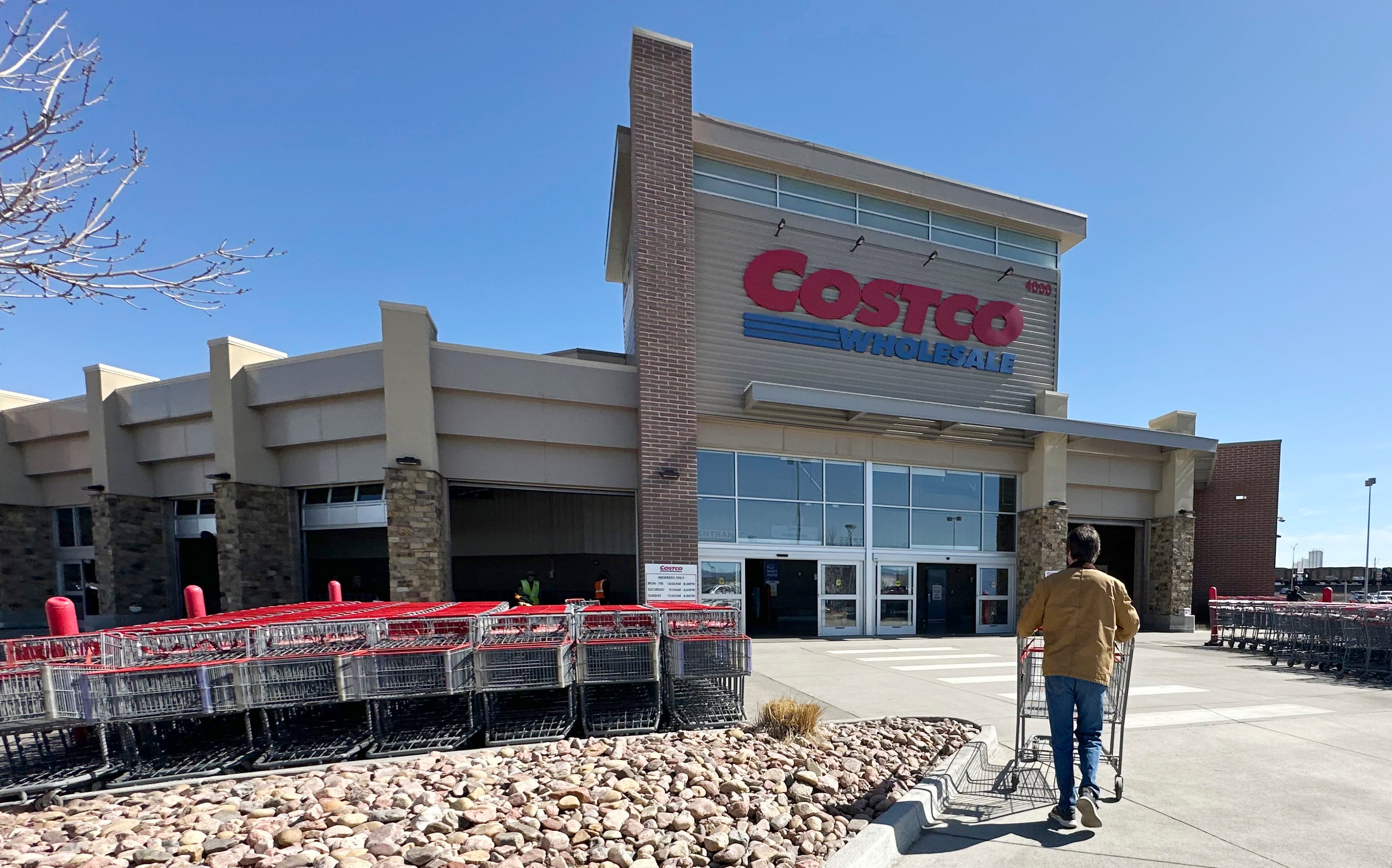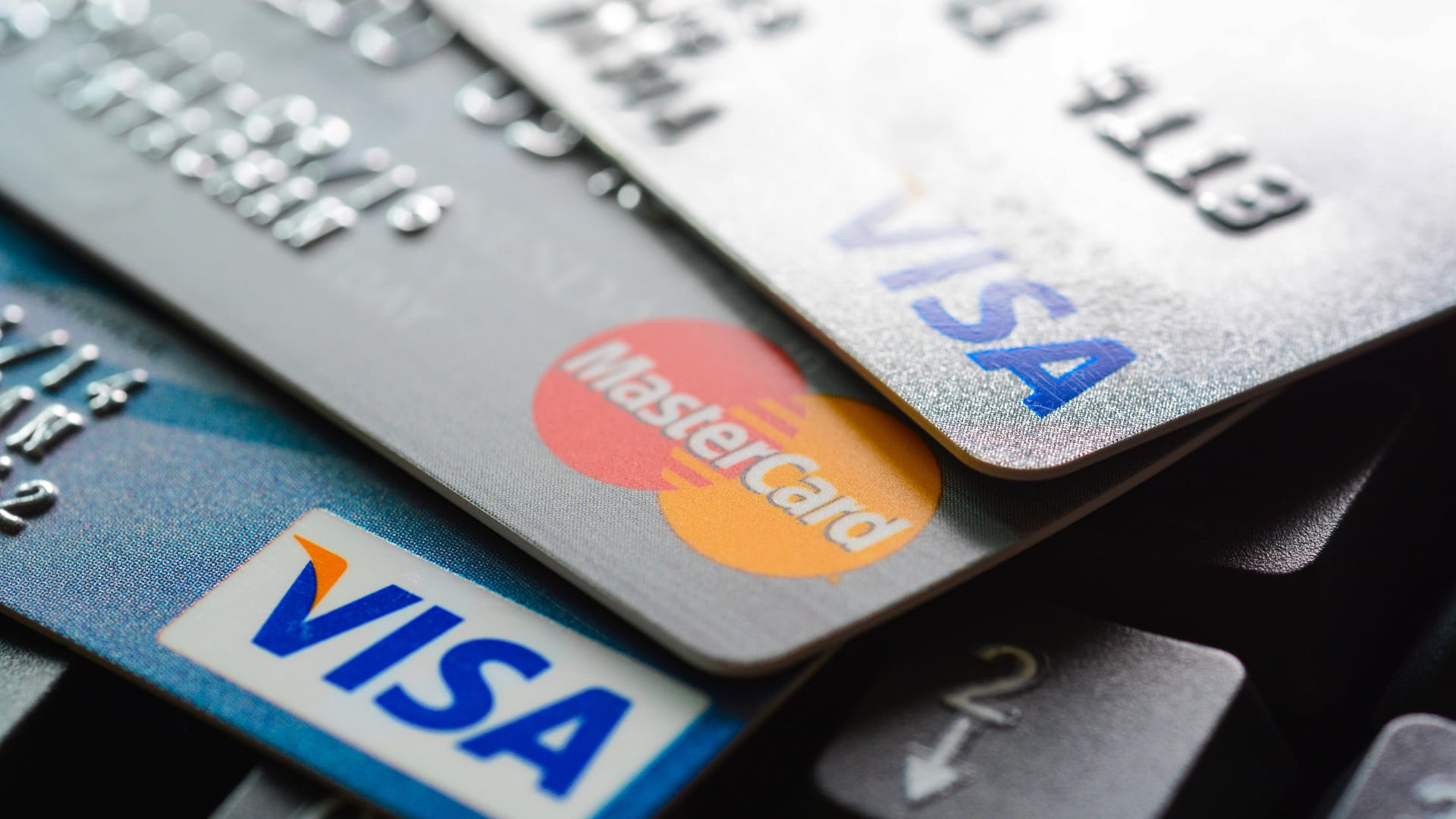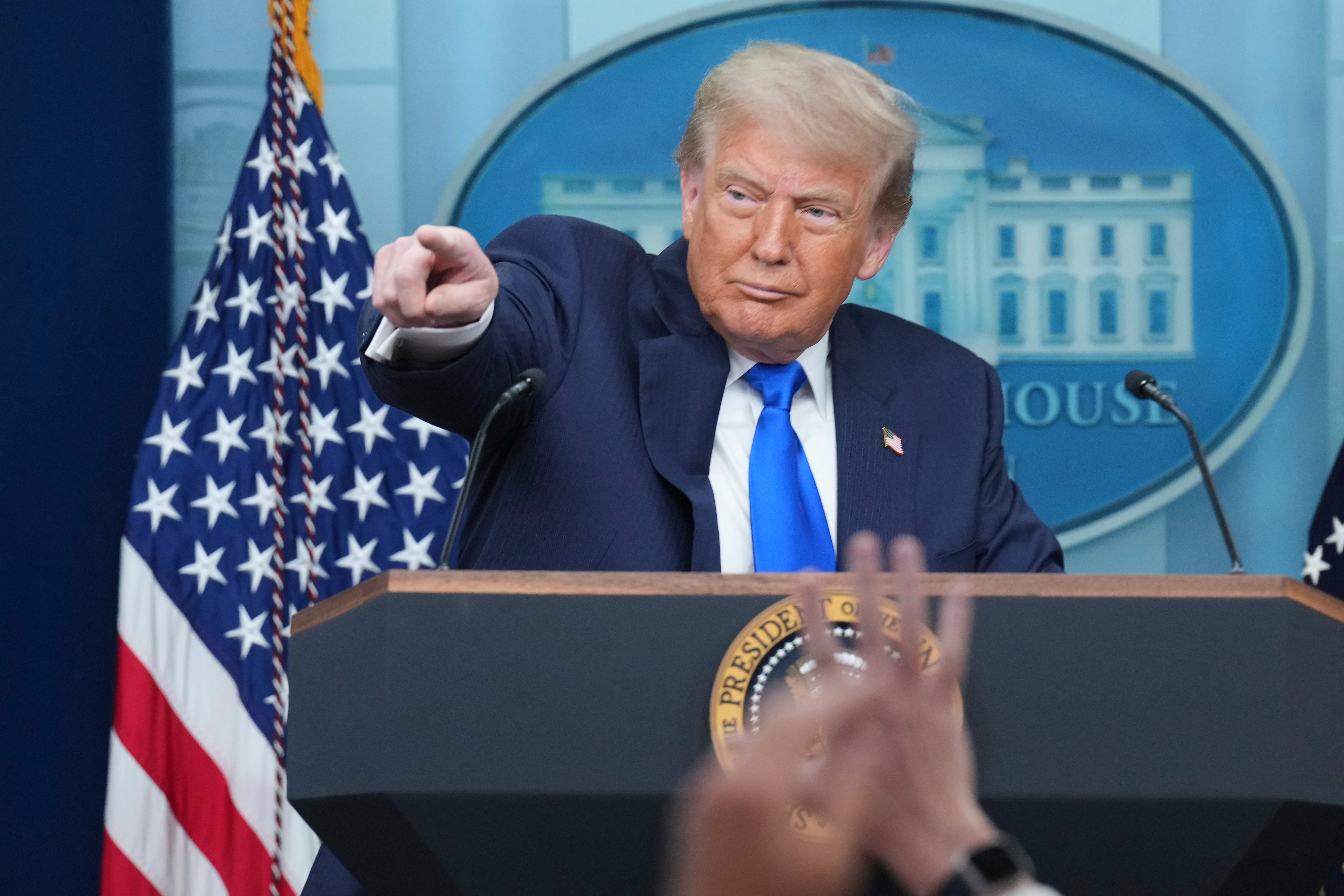Drivers for ride-sharing companies like Uber and Lyft have been petitioning for sick leave time, trying to lower risk for exposure to coronavirus, and using best practices to keep healthy. One of the major pieces of advice from organizations like the Centers for Disease Control and Prevention and the companies themselves, though, is to wash hands frequently, a nearly impossible task for drivers clocking hundreds of trips a week from behind the wheel of a car.
In response, Lyft and EO Products, the parent company of Everyone brand, will distribute more than 200,000 bottles of hand sanitizer and other cleaning products to drivers for free, the company said. Tom Feegal, president of EO Products, told Cheddar the company “felt philosophically and ideologically aligned with Lyft, and we have a clear and mutually understood commitment to public health.”
Though many stores around the nation currently display ‘out of stock’ signs for hand sanitizers and masks, producers are trying to keep up with demand and provide more products. Feegal said the 25-year-old company learned from 2009’s H1N1 outbreak and anticipated an increase in demand in response to coronavirus concerns.
”We increased production by four times over the last four weeks or so,” said Feegal.
To do so, Feegal said the company has had to reach out to existing and new supply chain partners to maintain the availability of ingredients and raw materials.
“We were forced to reach out to alternative suppliers and make sure we would have enough to reach our reforecasted demand in the very short term,” he said.
That increased production should help the company meet retail demands as well as the needs of this new partnership, Feegal added.












